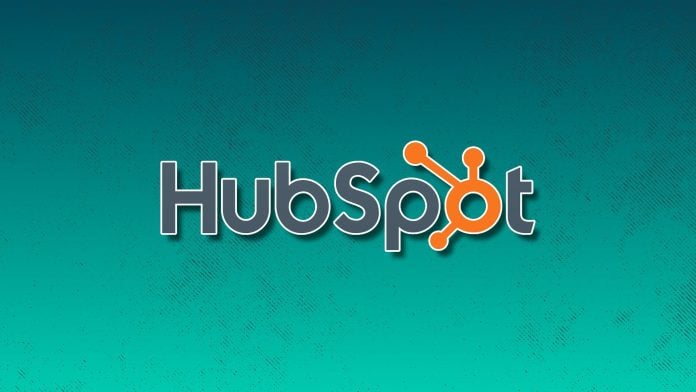At the Fall 2025 Spotlight event, HubSpot unveiled its latest innovations aimed squarely at resolving the data dilemmas faced by many small businesses today. The company’s new Data Hub, alongside updates to its Smart CRM, promises to unite disparate data sources and enhance how businesses understand and interact with their customers.
Small business owners often grapple with fragmented data, which can hinder effective decision-making. According to HubSpot, a staggering 80% of business data is trapped in emails and calls, leading to inefficiency and missed opportunities. The new Data Hub seeks to address these issues by unifying structured and unstructured data from multiple sources, offering a complete view of customer interactions, sales, and service. This holistic approach enables teams to leverage every touchpoint instead of relying on incomplete information, setting the stage for more informed strategies and customer engagement.
One of the standout features of the Data Hub is the Data Studio, designed to minimize manual data handling. It connects seamlessly to external sources like spreadsheets and data warehouses, streamlining the process of gathering and analyzing customer data. This not only saves time but also reduces the likelihood of errors that can arise from manual data entry. The AI-driven capabilities of the Data Hub automatically detect patterns and suggest connections, enhancing segmentation, automation, and reporting functionalities.
Small business owners can also benefit from the Data Quality tools, which automate traditional data hygiene tasks such as identifying duplicates, filling in missing information, and standardizing formats. These tasks, often time-consuming, can distract teams from more strategic initiatives. The automation of these processes allows business owners and their teams to focus on growth rather than data management.
Meanwhile, the revamped Smart CRM now provides deeper insights into customer conversations, enabling teams to capture not just what customers click on, but also the nuances of their interactions. This feature includes Conversational and Intent Enrichment, which automatically updates contact records based on actual conversations, meetings, and other client interactions. Such depth of understanding can foster more meaningful relationships with customers and improve service offerings.
The flexibility of the Smart CRM is another appealing advantage for small business teams. With customizable views—whether in tables, charts, or other formats—teams can easily visualize data and spot trends that matter for their specific contexts. This kind of agility allows business owners to make quicker, data-informed decisions.
However, implementing these new technologies is not without its challenges. Small business owners should anticipate potential hurdles such as the initial time investment required for training and onboarding staff with the new systems. Additionally, there may be costs involved in integrating these updates with existing software and data sources. Businesses must weigh these factors against the potential benefits of enhanced data unity and customer insights.
"The true power of AI lies in the quality of the data that supports it," said a spokesperson from HubSpot during the launch. As AI continues to weave itself into the fabric of business operations, ensuring that data is clean, complete, and easily accessible becomes increasingly crucial.
In summary, HubSpot’s new Data Hub and Smart CRM updates provide small business owners with the tools to conquer data fragmentation. By streamlining data management and enhancing customer insights, these updates position businesses to thrive in an increasingly competitive landscape. Yearning for more information? You can find additional details from the original announcement at HubSpot’s Newsroom.
Image Via BizSugar



